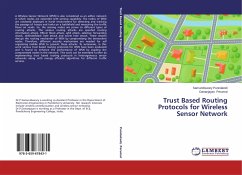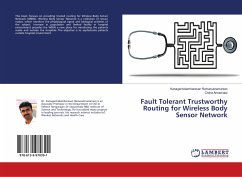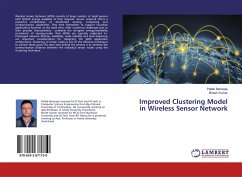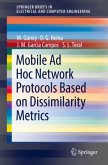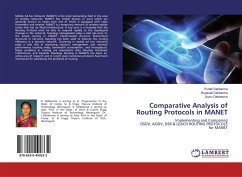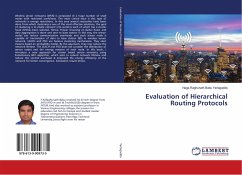A Wireless Sensor Network (WSN) is also considered as an adhoc network in which nodes are extended with sensing capability. The nodes of WSN are randomly deployed in harsh environment for detecting and tracking the passage of troops and tanks on a battlefield and measuring the traffic flows on roads. So, the sensing nodes are prone to different types of routing attacks. The various routing attacks are spoofed routing information attack, HELLO flood attack, sybil attack, selective forwarding attack, sinkhole/black hole attack and worm hole attack. These attacks disrupt the routing mechanism of WSN by compromising the benevolent nodes. Therefore, different security mechanisms are needed for self organizing mobile WSN to prevent these attacks. To summarise, in this work various trust based routing protocols for WSN have been evaluated and is found to enhance the performance of WSN by evading the compromised nodes in the network. This work can be extended further by implementing trust based routing protocols in heterogeneous sensor networks along with energy efficient algorithms for different traffic services.

